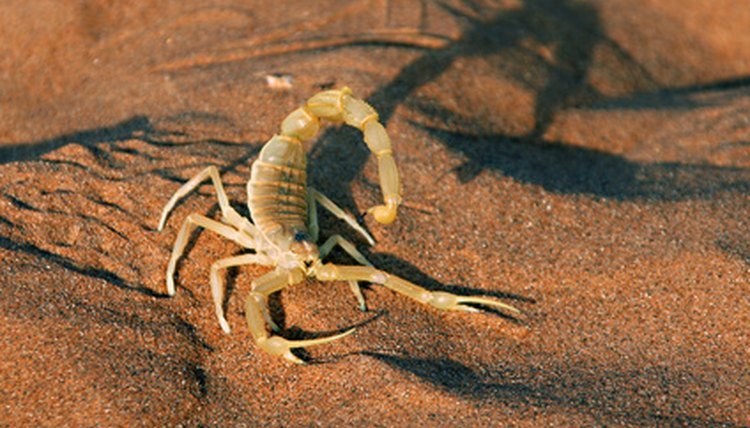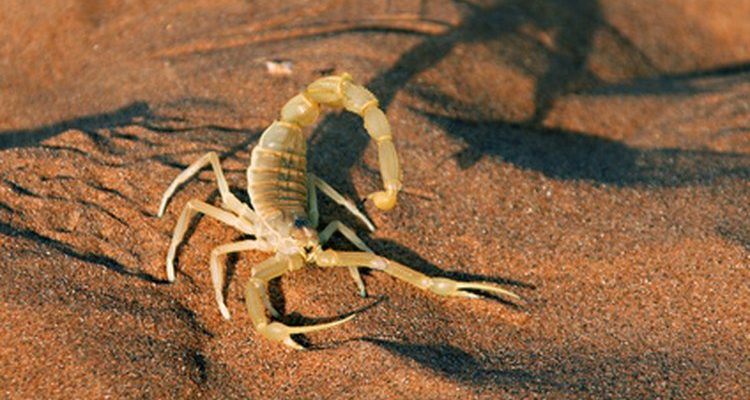
Honestly, caring for a fat-tailed scorpion isn’t as daunting as it might sound. With the right information, you’ll find that these little arachnids have fairly straightforward needs. Think of them as unique pets that require specific attention—like a cat but with a more mysterious flair. Let’s dive into what it takes to ensure your new spiky friend feels at home.
Understanding the Fat-Tailed Scorpion
Before you jump in, it’s important to understand what a fat-tailed scorpion is. These guys, scientifically known as *Androctonus australis*, are popular in the pet trade due to their striking appearance and relatively manageable care needs. Found primarily in North Africa and the Middle East, they thrive in hot, dry environments.
Their name comes from their distinctive, fat tail, which is packed with venom. Don’t worry! While their sting can be painful (it’s considered dangerous to humans), they usually only sting when provoked. If you respect their space and handle them properly, you can enjoy observing their fascinating behavior without incident.
Creating the Ideal Habitat
Setting up the right habitat is key to keeping your fat-tailed scorpion healthy. Here’s what you need:
- Tank Size: A 10-20 gallon terrarium is ideal.
- Temperature: They prefer warm environments, about 80-90°F (27-32°C).
- Humidity: Keep humidity levels around 30-40%.
You might be wondering how to achieve these conditions. Using an under-tank heater can help maintain the warm temperature they love. For humidity, a slight misting a couple of times a week should do the trick—just don’t overdo it! Scorpions like it dry, so too much moisture can lead to problems.
Don’t forget about decor! Add some substrate, like sand or coconut fiber, and create hiding spots using rocks or pieces of bark. This not only gives your scorpion a sense of security, but it also makes your setup look interesting.
Feeding Your Scorpion
A proper diet is essential for keeping your fat-tailed scorpion healthy. They are carnivores, mainly feasting on live insect prey. Here’s what to consider:
- Insects: Crickets and roaches are great staples.
- Feeding Frequency: Juveniles need feeding about twice a week, while adults can eat once a week.
- Water: Provide a shallow dish of water, but avoid drowning risks.
When offering food, make sure the insects you provide are appropriately sized—generally, they shouldn’t be larger than the width of your scorpion’s claws. It’s pretty interesting watching them hunt! You might see them ambush their prey with surprising speed. Just a note, don’t leave uneaten insects in the tank for too long, as they could stress your scorpion.
Handling and Care Tips
While fat-tailed scorpions can be handled, it’s crucial to do so with caution. Here’s what to keep in mind:
- Start Slow: If you’re new to handling, observe your scorpion first.
- Use Tools: Consider using tongs or a container instead of your hands.
- Stay Calm: Sudden movements can startle them.
If you decide to handle your scorpion, make sure to wash your hands first. This helps remove any scents or residues that could stress them out. Always remember, they’re small creatures and view you as a large potential threat. Respect their space.
Regular maintenance of their habitat will also play a big role in their overall health. Clean the enclosure regularly to prevent mold and bacteria buildup. Spot clean daily to remove waste and do a thorough cleaning every month or so.
Common Health Issues
Just like any pet, fat-tailed scorpions can have health issues. Some common signs to look out for include:
- Stress: Signs can include hiding excessively or lethargy.
- Moulting Issues: Sometimes they can struggle during this natural process.
- Weight Loss: A decrease in appetite can be a red flag.
If you notice any troubling changes, don’t hesitate to reach out to a veterinarian who specializes in exotic pets. It’s better to be safe than sorry!
Final Thoughts on Pet Scorpions
Keeping a fat-tailed scorpion can be a rewarding experience if you’re up for the challenge. They’re not just creepy-crawlies; they have unique behaviors and personalities that can be quite captivating. Remember, they require commitment and proper care, but with the right setup and attention, you can create a thriving environment for your scorpion.
At the end of the day, being informed and prepared is the best way to enjoy life with your new pet. So, take your time, do your research, and enjoy your journey into the fascinating world of these exotic little creatures!

